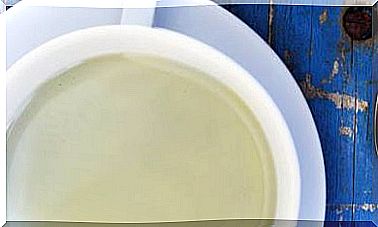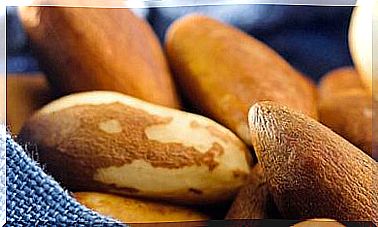The Benefits Of Eating Cocoa In The Morning
A study from the University of Murcia discovers that when you eat chocolate in the morning it increases fat burning, improves the distribution of body fat and regulates intestinal permeability.

The time of day when meals are eaten is an important factor in weight control. Eating at the “wrong” time could be a determining factor for the loss of coordination between the circadian system and different metabolic processes that affect energy and adipose tissue metabolism, which increases the risk of developing obesity
A world-leading Spanish team in the study of chronobiology has shown that the time you get used to eating can influence the state and behavior of the intestinal microbiota, with opposite patterns depending on whether the time of ingestion is early or late .
It is not the same to eat chocolate in the morning than at night
Researchers at the University of Murcia hypothesized that consuming a food with high energy and sugar content, such as chocolate, for a short period of two weeks in the morning or at night could affect energy balance in different ways , weight and body fat distribution.
The factors that could intervene in these differences could be, among others, changes in energy intake, lipid oxidation, variables related to sleep and the circadian cycle, or the composition of the microbiota and its metabolic activity.
The study was conducted with a group of 19 postmenopausal women (52 ± 4 years old) with a body mass index (BMI) within normal ranges. Participants ate 100 g of chocolate in the morning, 1 hr after waking up, or at night, 1 hr before bedtime, or no chocolate. They performed each behavior for two weeks, with “rest” periods in between.
While the study was conducted, the researchers measured their body weight, waist circumference, hunger / appetite assessments, body temperature and activity, sleep duration, and saliva cortisol levels. Volunteers also collected a stool sample in the morning on the first and penultimate day of each intervention to analyze changes in the gut microbiota.
Waist circumference reduced
After nine weeks, the data collected indicated that while eating chocolate the women did not gain significant body weight. However, when they ate it in the morning their waist circumference was reduced, indicating a different distribution of body fat.
This effect on the body figure may be related to the fact that eating chocolate in the morning also produced an increase in thermogenesis (the process of producing heat in the body) from the combustion of fats, probably due to the cocoa content in theobromine. and other methylxanthines and flavonoids (epicatechin or catechin).
Eating chocolate in the morning also appeared to lower fasting glucose, probably because cocoa reduces the rate of digestion of macronutrients.
“Chocolate may improve glucose homeostasis by slowing down the digestion and absorption of carbohydrates. In fact, cocoa may reduce the rate and degree of digestion of macronutrients by binding and antagonizing digestive enzymes, which may help explain the Previously reported inverse relationship between chocolate intake and type 2 diabetes mellitus (DM2), “the authors write.
By looking at changes in the microbiota of the different groups, the researchers found that nighttime chocolate consumption significantly increased the production of short-chain fatty acids such as acetate, propionate, isobutyrate, isovaleronate, and valeronate, in compared to the absence of chocolate.
Women who consumed chocolate in the morning also increased levels of short-chain fatty acids, but not as much as those who drank it in the evening.
The researchers point out that the increase in these fatty acids may explain the decrease in appetite and beneficial changes in intestinal permeability, which must allow nutrients to pass into the blood system, but must stop toxins.
The beneficial effect of chocolate intake was supported by increased levels of Ruminococcus bacteria , which was associated with higher levels of acetate, and a decrease in levels of the genus Lachnospiraceae , which was associated with a reduction in acetate.
Scientific references:
- Hernández González et al. Timing of chocolate intake affects hunger, substrate oxidation, and microbiota: A randomized controlled trial. The FASEB Journal.









